Latest News
 Orange man gets 12 to 14 years for child rape
Orange man gets 12 to 14 years for child rape
 Greenfield Police Logs: April 2 to April 8, 2024
Greenfield Police Logs: April 2 to April 8, 2024

Cleary Jewelers plans to retain shop at former Wilson’s building until 2029
GREENFIELD — More than a year after she was told her business would need to vacate its storefront in the former Wilson’s Department Store, Cleary Jewelers owner Kerry Semaski said she plans to keep her shop at its current location until July 2029...
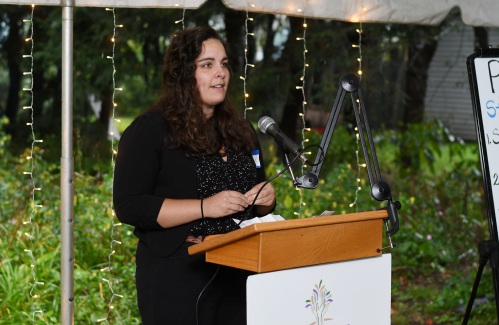
15th annual NELCWIT fundraiser set for Thursday
GREENFIELD — The Friends of NELCWIT will hold the 15th annual “Power to Persevere” fundraiser on Thursday, and this year’s event will be the first to include a dance element.The celebration, set for 5 to 8 p.m. at the Guiding Star Grange on Chapman...
Most Read
 Of nearly 180 canoes in River Rat Race, Zaveral/MacDowell team claims victory
Of nearly 180 canoes in River Rat Race, Zaveral/MacDowell team claims victory
 Wealth of historic Quabbin Reservoir photos available online
Wealth of historic Quabbin Reservoir photos available online
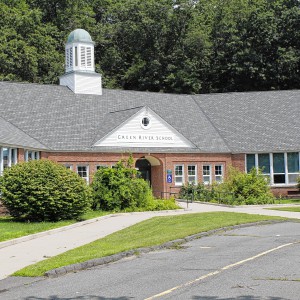 Greenfield seeks answers for $1M in state funds for Green River School
Greenfield seeks answers for $1M in state funds for Green River School
 Proposed Greenfield tax fund would benefit elderly, residents with disabilities
Proposed Greenfield tax fund would benefit elderly, residents with disabilities
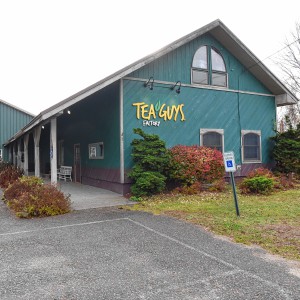 Tea Guys of Whately owes $2M for breach of contract, judge rules
Tea Guys of Whately owes $2M for breach of contract, judge rules
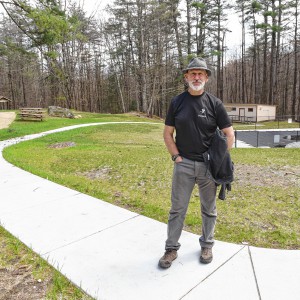 $427K to expand Camp Apex capacity in Shelburne
$427K to expand Camp Apex capacity in Shelburne
Editors Picks
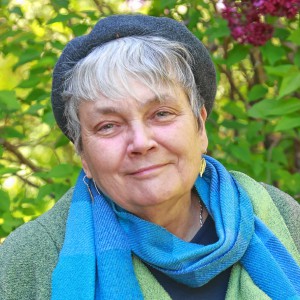 Montague and Erving Notebook: April 15, 2024
Montague and Erving Notebook: April 15, 2024
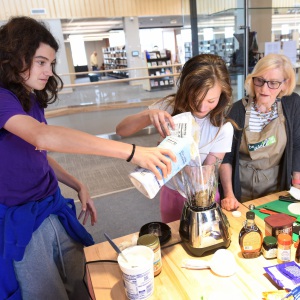 PHOTOS: Blended learning
PHOTOS: Blended learning
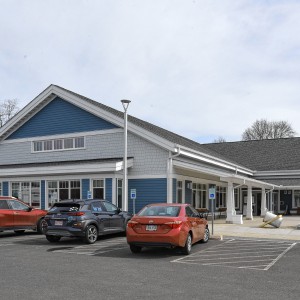 Greenfield Notebook: April 15, 2024
Greenfield Notebook: April 15, 2024
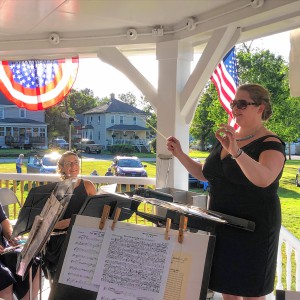 North Quabbin Notebook: April 16, 2024
North Quabbin Notebook: April 16, 2024
Sports

UMass basketball: Matt Cross reportedly enters transfer portal
AMHERST — The vicious one-two frontcourt punch that helped the UMass men’s basketball team to its best season in a decade is now gone.Forward Matt Cross has entered the transfer portal, according to multiple reports early Tuesday afternoon. Cross...
 Baseball: Sam Connors, Mahar get past Smith Academy for win No. 2 (PHOTOS)
Baseball: Sam Connors, Mahar get past Smith Academy for win No. 2 (PHOTOS)
 High schools: Big fifth inning powers Pioneer baseball past Greenfield
High schools: Big fifth inning powers Pioneer baseball past Greenfield
 Boys volleyball: Athol can’t stay with Holyoke in 3-0 loss (PHOTOS)
Boys volleyball: Athol can’t stay with Holyoke in 3-0 loss (PHOTOS)
Opinion

Maggie Baumer: Access to prosthetics and orthotics for physical activity a right, not a privilege
As one of the 5.6 million Americans living with limb loss and limb difference (LL/LD), I’m passionate about advocating for access to prosthetic and orthotic devices for physical activity, which are not typically covered by commercial insurance or...
 Pat Hynes: Nuclear weapons bills need action
Pat Hynes: Nuclear weapons bills need action
 Walt Gorman: Fed up
Walt Gorman: Fed up
 Nikki Garrett: A joy to join in on Earth Day cleanup
Nikki Garrett: A joy to join in on Earth Day cleanup
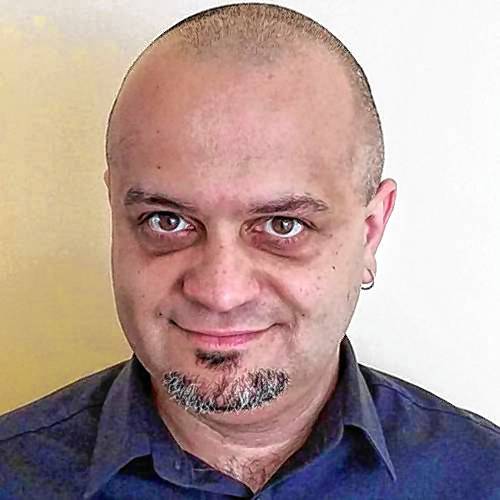 My Turn: How to welcome a refugee family into your community
My Turn: How to welcome a refugee family into your community

Business

Tea Guys of Whately owes $2M for breach of contract, judge rules
WHATELY — Tea Guys LLC must pay more than $2 million to a Baltimore tea company due to a breach of contract, a Franklin County Superior Court judge has ruled.The small business in Whately was sued last summer by Zest Tea LLC and had two bank accounts...
 Primo Restaurant & Pizzeria in South Deerfield under new ownership
Primo Restaurant & Pizzeria in South Deerfield under new ownership
 Patrons can ‘walk down memory lane’ at Sweet Phoenix’s new Greenfield location
Patrons can ‘walk down memory lane’ at Sweet Phoenix’s new Greenfield location
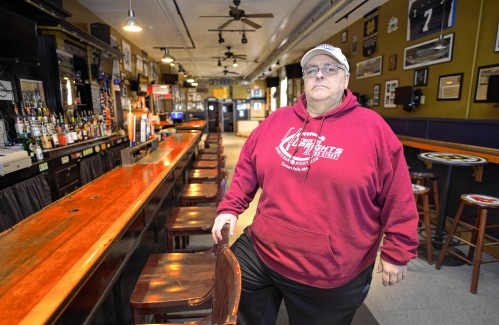 Post-pandemic hardship prompts Between The Uprights closure in Turners Falls
Post-pandemic hardship prompts Between The Uprights closure in Turners Falls
 Starbucks gets go-ahead from Greenfield Planning Board
Starbucks gets go-ahead from Greenfield Planning Board
Arts & Life

Crunch time for matzo: An easy-to-make sweet treat that’s Passover Seder-friendly
Passover begins this coming Monday night. This eight-day holiday means many things to many people: the survival of the Jewish people in the book of Exodus, the overall history of Judaism, and even the last supper of Jesus.This year Easter came more...
Obituaries
 Matthew J. Osofsky
Matthew J. Osofsky
Greenfield, MA - Matthew J. Osofsky, 38, died Saturday 4/6/24 at the Baystate Medical Center in Springfield from injuries sustained from a car accident. He was born in Brooklyn, NY on Febru... remainder of obit for Matthew J. Osofsky
 Sandra J. Niedzwiedz
Sandra J. Niedzwiedz
Erving, MA - Sandra J. Niedzwiedz, 69, of Goodell Place passed away unexpectantly at home on Wednesday, April 10, 2024. She was born in Greenfield on May 3, 1954, the daughter of Bernard an... remainder of obit for Sandra J. Niedzwiedz
 Barbara M. Mahar
Barbara M. Mahar
Greenfield, MA - Barbara M. (Schotte) Mahar, 87, of Log Plain Rd., passed away on April 12, 2024 at Charlene Manor Extended Care Facility. A life-long resident of Greenfield, Barbara wa... remainder of obit for Barbara M. Mahar
 Irving E. Mullette
Irving E. Mullette
North Adams, MA - Irving Mullette was born in North Adams, MA on April 23, 1938 to Eugene and (Vera) Christine Mullette. Out of high school, he went to East Coast Aero Tech Flying School, f... remainder of obit for Irving E. Mullette

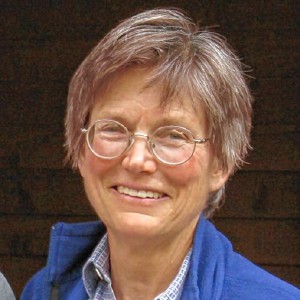 Two local school advocates tapped to lead state’s new Small and Rural Schools Committee
Two local school advocates tapped to lead state’s new Small and Rural Schools Committee
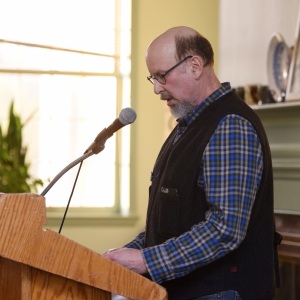 With new library comes new venue for annual Poet’s Seat Poetry Contest
With new library comes new venue for annual Poet’s Seat Poetry Contest
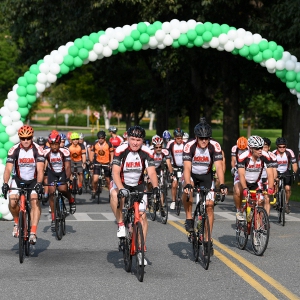 Wheeling for Healing returns to South Deerfield to raise money for cancer treatment
Wheeling for Healing returns to South Deerfield to raise money for cancer treatment
 My Turn: The pecking order revolution: Massachusetts’ fight for animal rights
My Turn: The pecking order revolution: Massachusetts’ fight for animal rights
 With eye toward teaching firearm safety, Mahar’s Junior ROTC adding air rifles
With eye toward teaching firearm safety, Mahar’s Junior ROTC adding air rifles
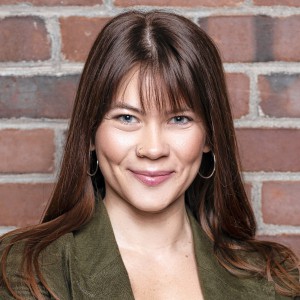 Conway resident leading pilot program to help families facing financial ‘cliff effect’
Conway resident leading pilot program to help families facing financial ‘cliff effect’
 Orange resident selected for governor’s Youth Advisory Council
Orange resident selected for governor’s Youth Advisory Council
 High schools: Mahar softball can’t stay with Northampton in 20-6 loss (PHOTOS)
High schools: Mahar softball can’t stay with Northampton in 20-6 loss (PHOTOS) Spotlight on women in classical music: Brick Church Music Series’s season comes to a close, April 28-29, with Champlain Trio
Spotlight on women in classical music: Brick Church Music Series’s season comes to a close, April 28-29, with Champlain Trio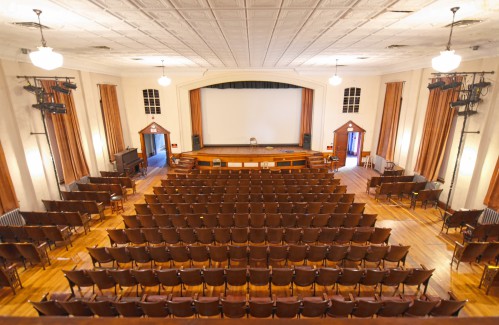 Ready for their close-up: Pothole Pictures announces a season of curated film screenings, live music and $1 popcorn
Ready for their close-up: Pothole Pictures announces a season of curated film screenings, live music and $1 popcorn You’re up next: Western Mass open mic scene heats up post-pandemic
You’re up next: Western Mass open mic scene heats up post-pandemic Sounds Local: Fun for the whole family: Meltdown, a book and music fest for kids, returns to Greenfield this Saturday
Sounds Local: Fun for the whole family: Meltdown, a book and music fest for kids, returns to Greenfield this Saturday
